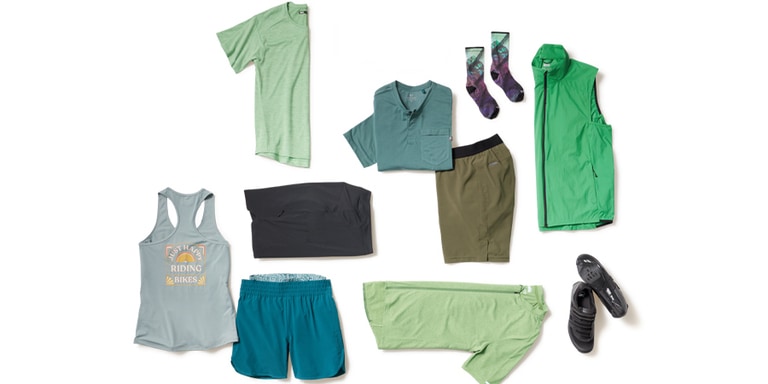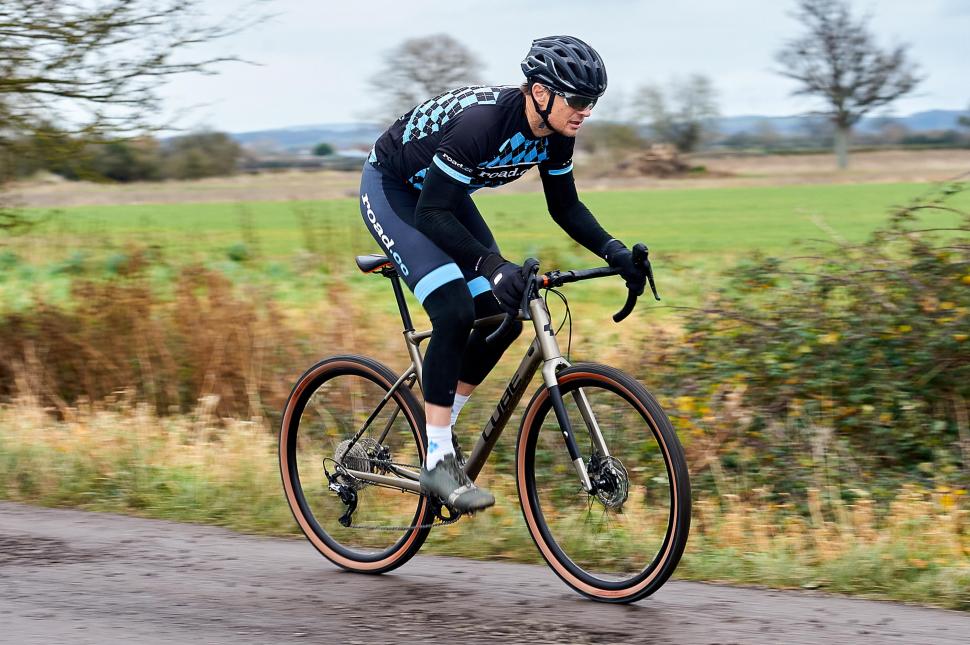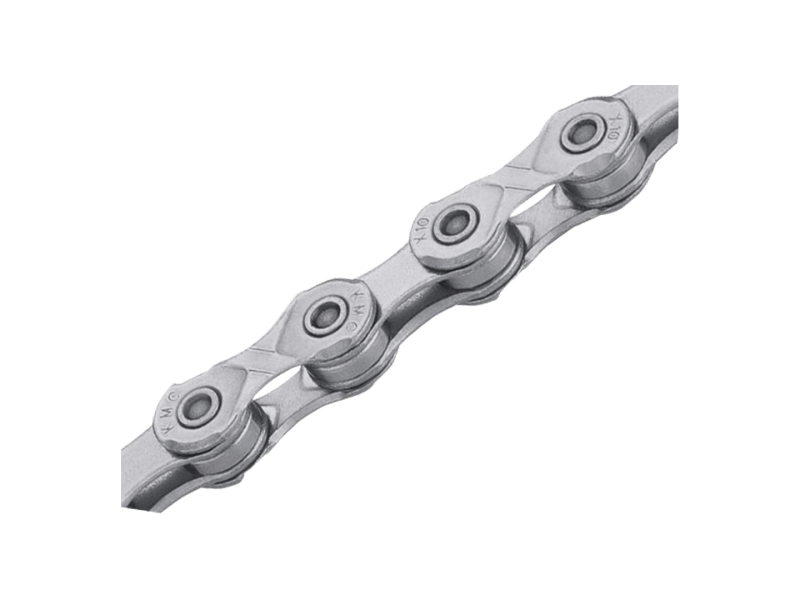The best clothes for bike riding are moisture-wicking, breathable, and offer proper support. Opt for padded shorts and a fitted jersey.
Cycling demands specific attire to ensure comfort and efficiency. Moisture-wicking fabrics keep you dry by drawing sweat away from the skin. Breathable materials allow airflow, preventing overheating. Padded shorts provide cushioning to minimize saddle discomfort during long rides. A fitted jersey reduces wind resistance and often includes pockets for essentials.
Bright colors or reflective elements enhance visibility, promoting safety. Proper footwear with stiff soles improves pedaling efficiency. Gloves protect hands and improve grip, while sunglasses shield eyes from UV rays and debris. Dress appropriately to enhance your biking experience and performance.
Choosing The Right Fabric
Choosing the right fabric is crucial for a comfortable bike ride. The fabric affects your comfort and performance. Below, we explore the best fabric options for bike riding.
Breathable Materials
Breathable materials are essential for bike riders. These fabrics allow air circulation. They help to regulate body temperature. Some popular breathable materials include:
- Mesh: Allows maximum airflow, keeping you cool.
- Cotton blends: Soft and breathable, but not ideal for high-intensity rides.
- Polyester: Lightweight and breathable, perfect for long rides.
Moisture-wicking Fabrics
Moisture-wicking fabrics pull sweat away from your skin. This keeps you dry and comfortable. These fabrics are ideal for intense bike rides. Some top moisture-wicking fabrics are:
- Polypropylene: Excellent at moving sweat away, keeping you dry.
- Merino wool: Natural fiber that wicks moisture and insulates.
- Spandex: Stretchable and wicks moisture, great for flexibility.
| Fabric Type | Breathability | Moisture-Wicking |
|---|---|---|
| Mesh | High | Low |
| Cotton Blends | Medium | Low |
| Polyester | High | High |
| Polypropylene | Medium | High |
| Merino Wool | Medium | High |
| Spandex | Medium | High |

Credit: m.youtube.com
Ideal Fit For Biking
Choosing the right fit for bike riding clothes is crucial. It ensures comfort, safety, and performance. The ideal fit balances snugness and flexibility. This section will explore the best fit for biking clothes.
Snug Vs. Loose Fit
A snug fit is often preferred for biking. It reduces wind resistance and keeps clothes from snagging. Snug clothes also help in moisture-wicking, keeping you dry. They offer better aerodynamics, important for speed and long rides.
Loose fit clothes offer more airflow, keeping you cool. They are great for casual rides or short distances. Loose clothing can flap in the wind, which might be distracting. Ensure loose garments do not interfere with bike parts.
Importance Of Stretch
Stretchable fabrics are essential for bike riding clothes. They allow a full range of motion, crucial for pedaling and navigating. Stretch materials ensure that clothes return to their original shape. This maintains the snug fit even after many uses.
Clothes with stretch panels at key areas, like knees and elbows, enhance comfort. These panels prevent restriction and reduce chafing. Stretch fabrics also enhance durability, withstanding the rigors of biking activities.
Top Clothing Items
Finding the right clothes for bike riding can improve your comfort and performance. Wearing the best clothing items ensures you enjoy your ride. This guide highlights the top clothing items you should consider.
Cycling Jerseys
Cycling jerseys are essential for bike riders. They are designed to fit snugly to reduce wind resistance. Most jerseys are made from moisture-wicking fabric to keep you dry.
Here are some features to consider:
- Breathability: Look for jerseys with breathable fabric to stay cool.
- Pockets: Handy for carrying small items like snacks and tools.
- Visibility: Bright colors or reflective elements enhance safety on the road.
Consider the following brands for quality cycling jerseys:
| Brand | Key Features |
|---|---|
| Castelli | High performance, aerodynamic design |
| Rapha | Stylish, durable, and comfortable |
| Gore Wear | Great breathability and weather protection |
Bike Shorts
Bike shorts are another must-have for cyclists. They provide padding to reduce discomfort during long rides. Quality shorts also reduce chafing.
Consider these features when selecting bike shorts:
- Padding: Look for shorts with high-density padding for better comfort.
- Material: Choose shorts made from stretchy, moisture-wicking fabric.
- Fit: Ensure the shorts fit well and don’t ride up.
Top brands for bike shorts include:
- Assos: Known for excellent comfort and fit.
- Louis Garneau: Offers a range of padded shorts.
- Pearl Izumi: Provides durable and well-padded options.

Credit: www.rei.com
Seasonal Gear
Choosing the right clothes for bike riding can make a big difference. Whether it's summer or winter, seasonal gear helps you stay comfortable and safe. Let's dive into the essentials for each season.
Summer Attire
Summer riding requires light and breathable clothes. Lightweight fabrics keep you cool and wick away sweat.
- Moisture-wicking jerseys: These shirts pull sweat away from your skin.
- Shorts with padding: Cushioned shorts reduce discomfort during long rides.
- Ventilated helmets: Helmets with air vents keep your head cool.
It's crucial to protect your skin from the sun. Wear UV-protective sleeves and apply sunscreen.
| Item | Feature |
|---|---|
| Jersey | Moisture-wicking |
| Shorts | Padding |
| Helmet | Ventilated |
| Sleeves | UV-protective |
Winter Essentials
Winter riding needs warmth and protection from the cold. Layering is key to staying warm without overheating.
- Base layer: A thermal shirt keeps your body heat in.
- Insulated jacket: This outer layer traps warmth and blocks wind.
- Thermal tights: These pants keep your legs warm.
- Windproof gloves: Gloves protect your hands from the cold wind.
- Skull cap: Wear it under your helmet to keep your head warm.
Don't forget to wear reflective gear. Shorter days mean you need to be visible to others.
| Item | Feature |
|---|---|
| Base Layer | Thermal |
| Jacket | Insulated |
| Tights | Thermal |
| Gloves | Windproof |
| Skull Cap | Warm |
| Reflective Gear | Visible |
Safety Considerations
Bike riding is fun but safety is crucial. Wearing the right clothes can prevent accidents. Let's explore the best safety considerations.
High-visibility Clothing
Wearing high-visibility clothing helps drivers see you. Bright colors like neon yellow, orange, and green work best.
Consider clothes with reflective strips. These shine in car lights. Reflective strips are important for night riding.
| Color | Visibility Level |
|---|---|
| Neon Yellow | High |
| Neon Orange | High |
| Neon Green | High |
| Reflective Strips | Very High |
Protective Gear
Protective gear saves lives. Always wear a helmet. A helmet protects your head during falls. Make sure it fits well.
Padded gloves protect hands and provide better grip. Wear elbow and knee pads for extra safety. These pads prevent serious injuries.
- Helmet
- Padded Gloves
- Elbow Pads
- Knee Pads
Accessorizing For Comfort
Bike riding is not only about the bike; it’s also about the right accessories. Accessorizing for comfort can make your ride more enjoyable. The right accessories can help you ride longer and feel better.
Gloves And Mitts
Gloves and mitts are essential for a comfortable ride. They provide grip and protect your hands from blisters. They also help absorb shocks from the road. Here are some features to look for in gloves and mitts:
- Padded palms for better shock absorption
- Breathable material to keep your hands cool
- Adjustable straps for a secure fit
Choose gloves and mitts that fit well and feel comfortable. Avoid gloves that are too tight or too loose.
Cycling Socks
Cycling socks may seem like a small detail, but they make a big difference. They keep your feet dry and comfortable. Here are some features to look for in cycling socks:
- Moisture-wicking material to keep your feet dry
- Cushioned soles for added comfort
- Compression fit to improve circulation
Choose cycling socks that are specifically designed for biking. Regular socks may not provide the same level of comfort and support.
| Accessory | Key Features |
|---|---|
| Gloves and Mitts |
|
| Cycling Socks |
|
Footwear For Cyclists
Choosing the right footwear for cycling can make a world of difference. The correct shoes offer better comfort, improved performance, and enhanced safety. Here's a guide to help you pick the best shoes for your ride.
Clipless Shoes
Clipless shoes are designed to attach directly to the pedals. This provides a more efficient power transfer from your legs to the bike. They feature special cleats on the soles which lock into the pedal mechanism.
Here are some key benefits:
- Increased pedaling efficiency
- Enhanced control and stability
- Better performance on long rides
Clipless shoes come in various styles:
| Type | Best For | Features |
|---|---|---|
| Road Bike Shoes | Road Cycling | Stiff soles, lightweight |
| Mountain Bike Shoes | Off-road Cycling | Durable, rugged |
| Touring Shoes | Long Rides | Comfortable, versatile |
Flat Pedal Shoes
Flat pedal shoes are designed for use with flat pedals. These shoes provide great freedom and versatility. They are ideal for casual riding and off-road biking.
Here are some key benefits:
- Easy to use, no special pedals needed
- Great for beginners and casual cyclists
- Excellent for mountain biking and trick riding
Flat pedal shoes come in various styles:
| Type | Best For | Features |
|---|---|---|
| Skate Shoes | Urban Riding | Flexible, grippy soles |
| Mountain Bike Shoes | Off-road Cycling | Durable, protective |
| Casual Shoes | Everyday Rides | Comfortable, versatile |
Choosing the right shoes enhances your cycling experience. Make sure to pick the style that suits your riding needs best.
Sustainable Choices
Choosing the best clothes for bike riding is essential. Sustainable choices can make a big difference. They help protect our planet. Sustainable clothes are also comfortable and durable. This section explores sustainable choices for bike riding apparel.
Eco-friendly Fabrics
Eco-friendly fabrics are great for bike riding. They are made from natural materials. This includes organic cotton, bamboo, and hemp. These fabrics are gentle on your skin. They also reduce harm to the environment. Let's look at their benefits:
- Organic Cotton: Soft, breathable, and hypoallergenic.
- Bamboo: Moisture-wicking, antibacterial, and temperature-regulating.
- Hemp: Durable, strong, and naturally resistant to mold.
Durable And Long-lasting Options
Durability is key for bike riding clothes. You need them to last for many rides. Sustainable fabrics are also long-lasting. They can handle wear and tear. Here are some durable options:
| Fabric | Benefits |
|---|---|
| Recycled Polyester | Strong, quick-drying, and reduces plastic waste. |
| Wool | Warm, moisture-wicking, and naturally odor-resistant. |
Choosing durable options reduces waste. You won't need to replace them often. This saves money and helps the environment.

Credit: road.cc
Frequently Asked Questions
What Are The Best Clothes For Bike Riding?
The best clothes for bike riding include moisture-wicking jerseys, padded shorts, and breathable jackets. These materials keep you dry and comfortable.
Why Should Cyclists Wear Padded Shorts?
Padded shorts reduce friction and provide cushioning. This helps in preventing saddle sores and enhances comfort during long rides.
Are Moisture-wicking Clothes Essential For Cycling?
Yes, moisture-wicking clothes are essential. They help in keeping sweat away from your skin, ensuring you stay dry and comfortable.
What Type Of Jacket Is Best For Bike Riding?
A lightweight, breathable, and waterproof jacket is best. It protects you from wind and rain without overheating.
Conclusion
Choosing the right clothes for bike riding enhances comfort and performance. Prioritize breathable, moisture-wicking fabrics. Don't forget visibility and safety. With the right gear, your rides will be enjoyable and efficient. Happy biking!

No comments:
Post a Comment